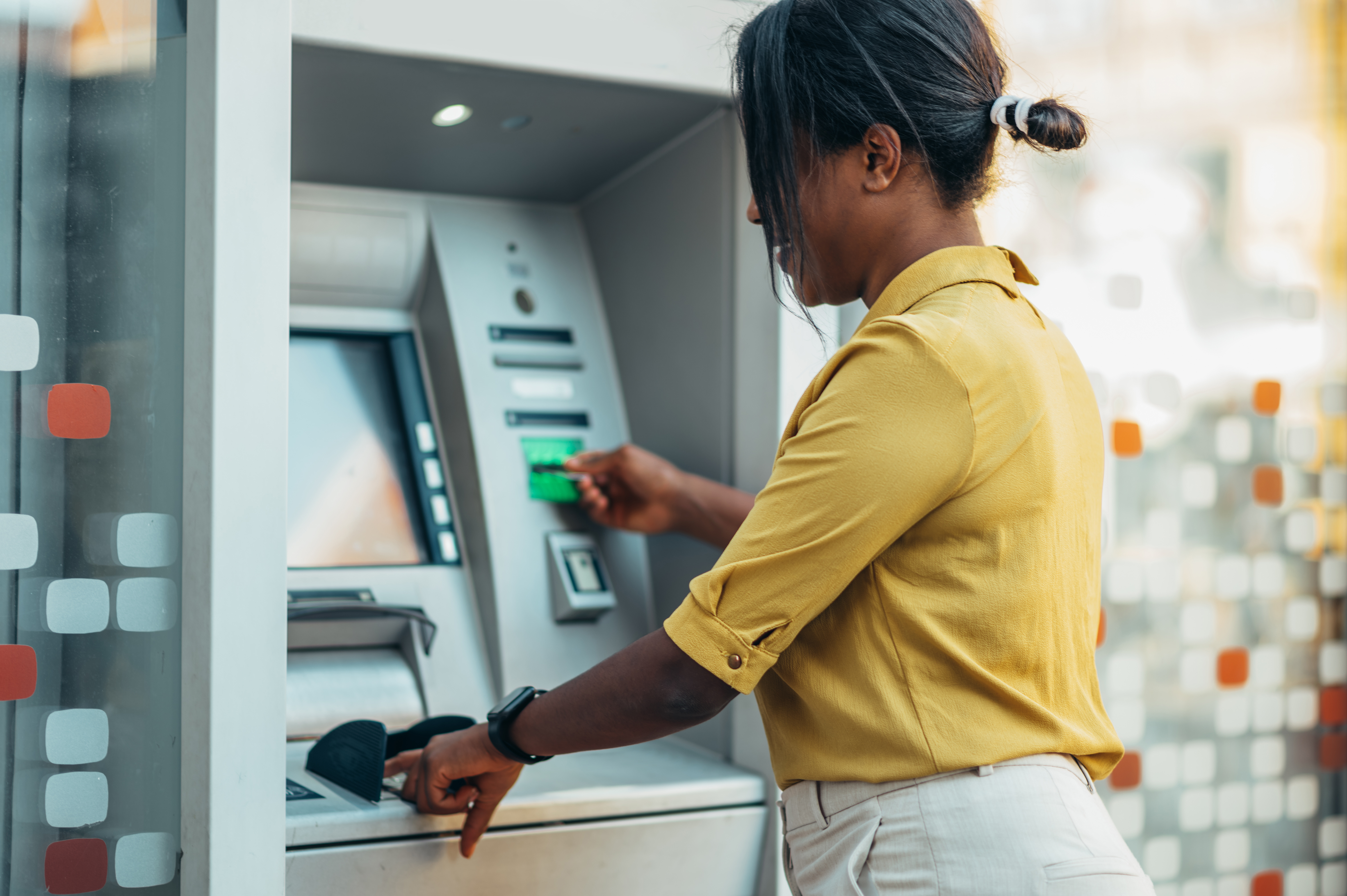Abstract
Public mistrust of banks is widespread. According to an April 2023 survey of Americans by Gallup, nearly 50 percent of people are worried about the safety of their money in banks.2 This phenomenon is not new: in 1980, 60 percent of Americans were “confident” in banks;3 but, over time, this confidence has dwindled, often following banking mistakes that have cost the taxpayer. Following the savings and loan crisis, for example, the share of Americans that were confident in banks dropped to about 30 percent; while it improved through the 1990s and early 2000s, it dropped again to 21 percent following the Great Recession. This confidence has yet to recover fully: as of 2023, only 26 percent of Americans expressed confidence in banks, according to a Gallup poll.4 Trust in banking is not a race-neutral issue: Black and Latino households are more likely to be unbanked, with many directly citing a lack of trust as a reason for not having a bank account.5 But trust is critical to a well-functioning, safe banking system. The Office of the Comptroller of the Currency (OCC) has recognized a need to better understand, measure, and track public trust in banking, and on June 9, 2023, it put out a request for information on a proposed annual survey on trust in banking. We agree that trust in banking is a critical issue that should be better understood and improved. However, we argue that any such survey be foundationally based on a deep understanding of what trust (and distrust) of banks means to people of color and others who have been excluded from—and, in some cases, harmed by— the banking system, and who may have experienced it as untrustworthy. This process should include qualitative and community-engaged methods in addition to improving and leveraging existing survey data that links trust in financial institutions and services to a diversity of backgrounds, experiences, and opportunities.


